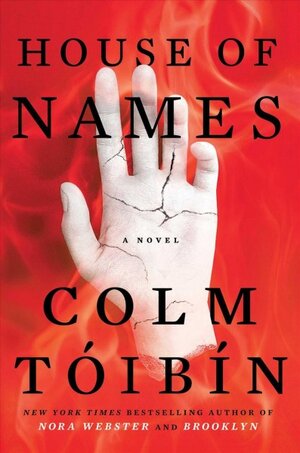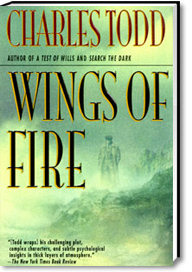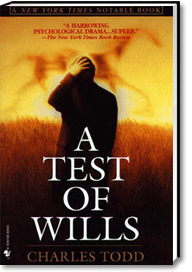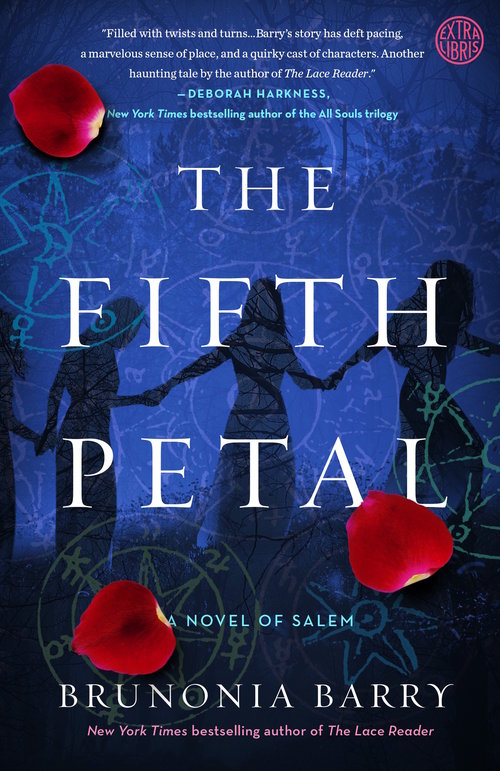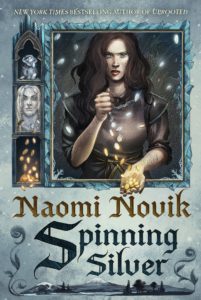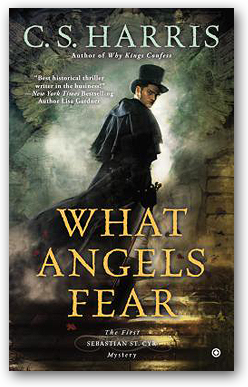I actually read this book by Martin Walker, the f
irst of the Bruno series, some time back, but, having recently read another book in the series, I thought I should go back and fill in. Bruno Courrèges is the Chief of Police in the small town of St. Denis, in the
Perigord region of France, known for foie gras and truffles. Bruno loves to cook and feed his friends. He raises animals on his little acreage and grows his own vegetables. He also plays on the local sports teams and coaches the youth soccer team. Most of the time, life is quiet in St. Denis and that's how he likes it, but he can call on a network of contacts when real trouble arises. An elderly ex-soldier who lived in the village has been found brutally tortured and murdered with a swastika carved into his chest. Because this is deemed a hate crime, competing police forces intercede and want to shut Bruno out of the investigation. Bruno however is good at skirting the national authorities and begins to think this crime has its roots in WWII and especially in a group called the Milice. According to Wikipedia, the Milice:
"was a political paramilitary organization created on 30 January 1943 by the Vichy regime (with German aid) to help fight against the French Resistance during World War II. The Milice's formal head was Prime Minister Pierre Laval, although its Chief of operations and
de facto leader was Secretary General Joseph Darnand. It participated in summary executions and assassinations, helping to round up Jews and
résistants in France for deportation....The Milice was the Vichy regime's most extreme
manifestation of fascism....The Milice frequently used torture
to extract information or confessions from those whom they
interrogated. The French Resistance considered the Milice more dangerous
than the Gestapo and SS
because they were native Frenchmen who understood local dialects
fluently, had extensive knowledge of the towns and countryside, and knew
local people and informants."
Bruno also uses his local knowledge to flush out possible motives for murder. As
The New York Times says in its review of Walker's 2nd installment in the series,
The Dark Vineyard, Bruno works with "great discretion, circulating so quietly and tactfully among his
neighbors that his interviews are more like friendly visits. It’s a
wonderful detection method and an even cannier literary strategy,
allowing Walker to pursue the plot of his mystery while beguiling the
reader with extended scenes of village market days, old-fashioned wine
harvests and some exceptionally congenial dinner parties." Of course, uncovering this information exposes some dark aspect of France's history, a marked contrast to the seemingly idyllic presentation of St. Denis. Nevertheless, you'll find yourself wanting to go there or at least enjoy some French cuisine. Read this
article in the NYT for some insights on the village and cuisine which so richly embellish these books.



